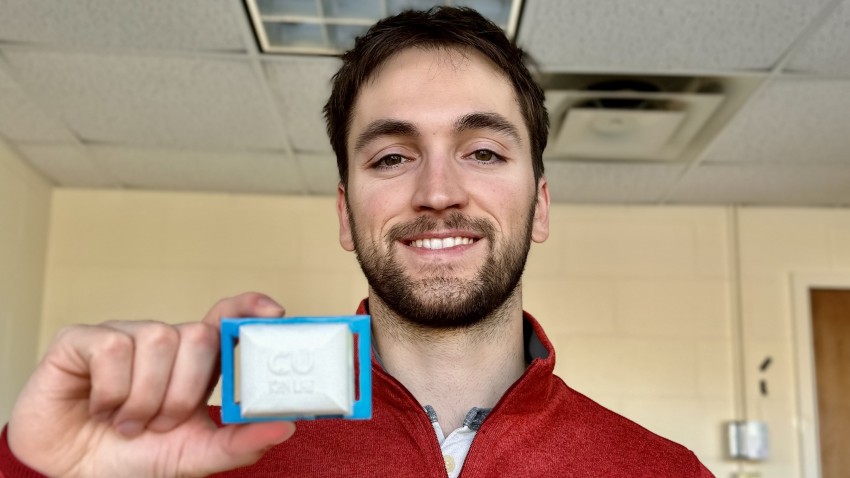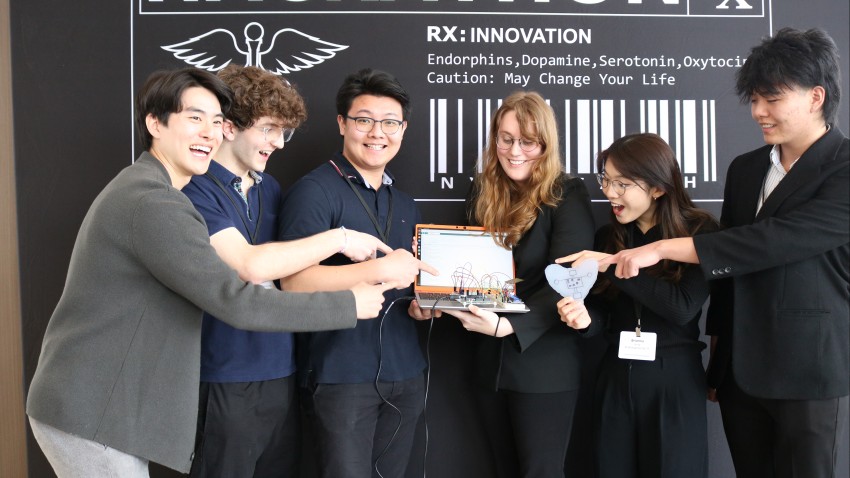
Cornell Systems Engineering offers online professional certificates
Cornell Systems Engineering is meeting the growing need for professional education by launching the Professional Systems Engineering Certificates – Distance Learning program through Cornell Continuing Education. Read more










